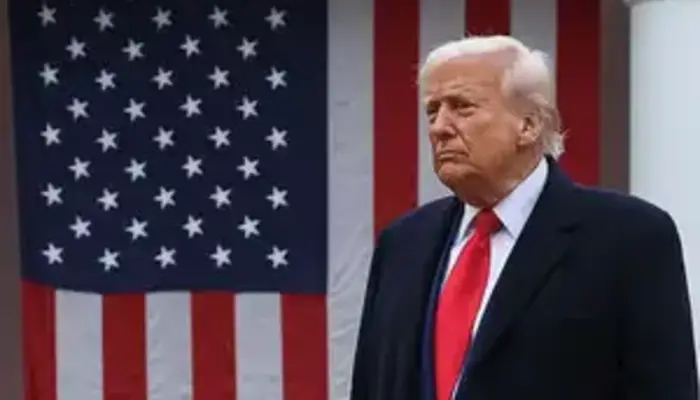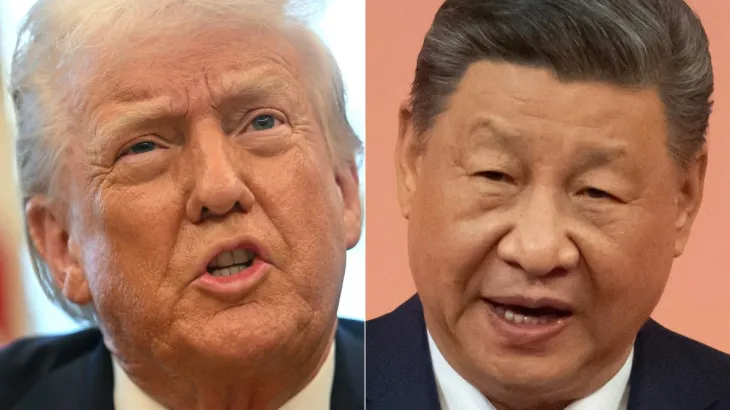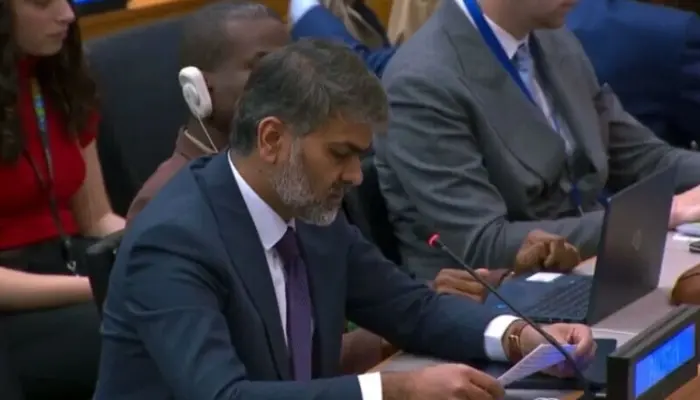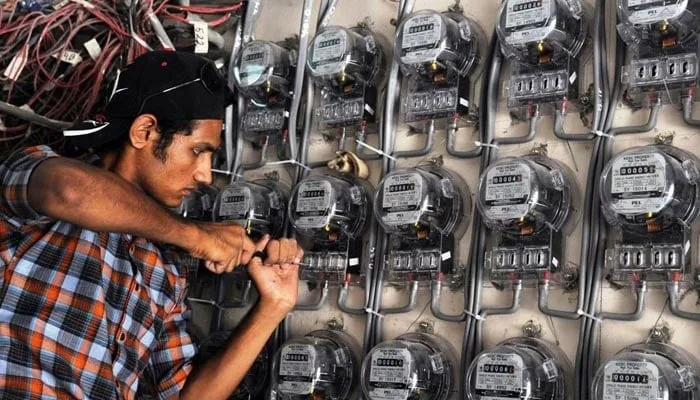
The latest trade tariffs announced by U.S. President Donald Trump are shaking up global markets, drawing backlash from allies while giving China an unexpected advantage. The new import taxes will heavily impact industries across Europe, Asia, and Africa, forcing governments to rethink their trade policies.
Europe: Strong Opposition but Avoiding Escalation
The European Union (EU) has strongly condemned the tariffs, calling them disruptive to global trade. European Commission chief Ursula von der Leyen warned of severe economic consequences, especially for key sectors like Germany’s auto industry, Italy’s luxury goods, and France’s wine exports.
French President Emmanuel Macron has called an emergency meeting with business leaders, while Italy’s Giorgia Meloni expressed disapproval but emphasized negotiations over retaliation. Despite its power as the world’s largest single market, the EU remains cautious, preferring diplomacy over a trade war.
Read: Israeli Airstrike Kills Four, Including Hezbollah Official in Beirut
China: A Political and Economic Opportunity
For China’s President Xi Jinping, the tariffs are a double-edged sword. While a 54% tariff on Chinese goods will hurt exports, Xi is using the situation to position China as a champion of free trade.
Trump’s move allows China to contrast itself with the U.S., portraying the American economy as chaotic while presenting Beijing as a stable trade partner. Chinese state media have already begun framing the tariffs as another example of U.S. economic aggression, strengthening Xi’s pitch to international investors.
United Kingdom: A Mixed Reaction
The UK government expected some impact but did not anticipate a 10% tariff on its exports. While officials feel relieved that the hit wasn’t worse, the disruptions to trade, especially in the auto industry, remain a significant concern.
UK negotiators are now in intense discussions with their U.S. counterparts, hoping to finalize a trade deal. With talks progressing, some British officials are prepared to fly to Washington if a breakthrough appears imminent.
India: Concerns and a Silver Lining
India faces a 26% tariff, which will hurt key exports, particularly labor-intensive goods. Economists warn that this could slow domestic demand and GDP growth at a critical time.
However, some sectors could benefit. Higher tariffs on Vietnamese goods may redirect trade to India, giving a boost to its electronics exports. Meanwhile, India’s pharmaceutical industry, its largest exporter, remains exempt, offering relief to key players in the sector.
Africa: Harsh Economic Blow
Trump’s tariffs hit several African nations hard, including a 30% tariff on South Africa and 50% on Lesotho. This comes on top of recent U.S. aid cuts, worsening economic uncertainty across the continent.
South Africa, which has long enjoyed open trade ties with the U.S., condemned the tariffs as “punitive” and a barrier to economic cooperation. Many African nations fear long-term consequences, especially in industries that depend on U.S. markets for stability and growth.
A Trade War or Negotiation Tactic?
While some countries brace for economic fallout, others see an opportunity to negotiate better trade deals. As global leaders react, the coming months will determine whether Trump’s tariffs ignite a full-scale trade war or push nations into new alliances.
Follow us on Google News, Instagram, YouTube, Facebook,Whats App, and TikTok for latest updates












